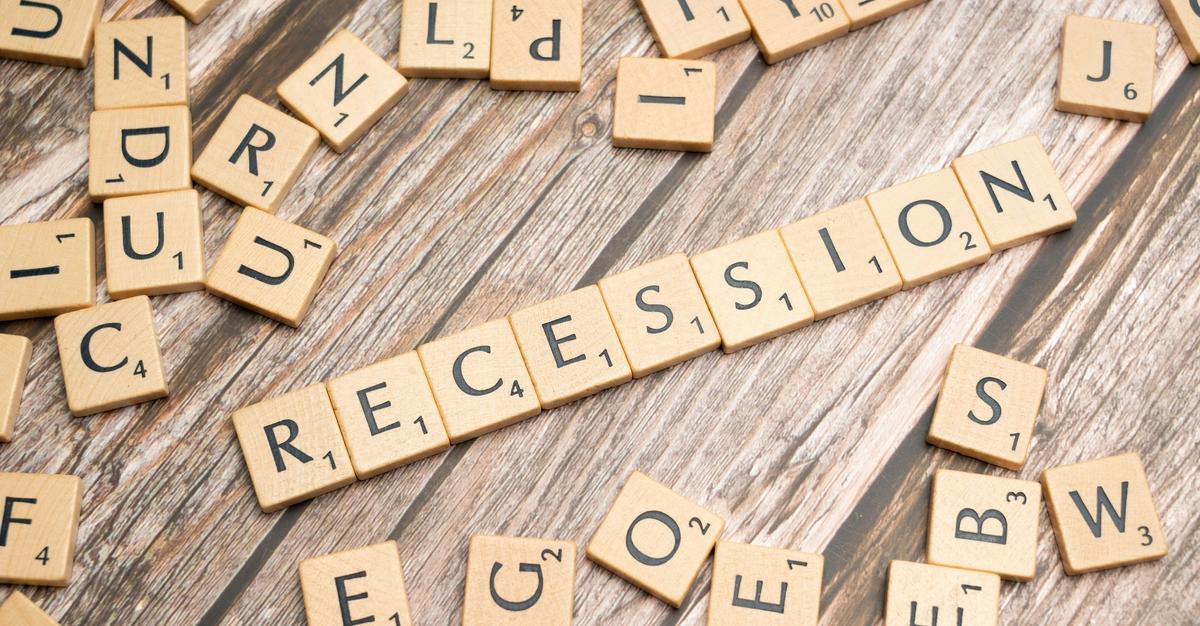Share
Home Prices and Interest Rates During a Recession


A recession is a period of economic slowdown otherwise known as an economic contraction. Recessions are cyclical and they occur normally just as economic expansions do. However, they can tend to be a bit more memorable since recessions tend to occur a minority of the time are often associated with “less good” times. During a recession, growth is typically slow, labor force participation and the unemployment rate fall and there is a general friction within the economy. Money does not move as freely and as easily as it might have otherwise and lenders are typically more restrictive when lending out capital. On the other hand, during a period of stagflation, the economy is overrun with rampant inflation and an period of economic contraction.
Why are Recessions Important?
Recessions are important because they can significantly impact your financial plans and knowledge of what to do during a recession can help us prepare for one. With this knowledge we can make better informed decisions with regards to assets we own, purchases we would like to make, etc., etc.
Is There a Relationship Between Mortgage Rates and Recessions?
There isn’t always a direct correlation with mortgage rates and recessions. Mortgage rates are a factor of the Prime rate (and the FED Funds rate) and even though the FED tends to lower rates to get us out of a recession, this doesn’t necessarily mean that the two are actually correlated. There can be times of economic slowdown and high interest rates, especially if there is inflation in the economy which is not under control. America has experience bouts of high inflation, economic slowdown and high interest rates, otherwise known as stagflation. Most notably during Jimmy Carter’s presidency and Volcker’s time as FED Chair.
What are the Pros/Benefits of Purchasing a Home During a Recession?
There are definitely some benefits to purchasing a home during a recessionary time period and you could put this in as a tip for a first time homebuyer. If you plan on purchasing a home during a recession you will have a lot less competition and demand and you will have more motivated sellers than you would otherwise. Due to this, you should have more negotiating leverage and you should be able to get a better deal than you might during a period of expansion. Moreover, home prices tend to decrease during a recession if inventories rise and demand does not keep up with supply. Since price and interest rates have an inverse relationship, you’ll like get a better price on your home if this occurs.
Are There Any Downsides to Buying a Home During a Recession?
Borrowing can be much more restrictive during recessions and qualifying for a mortgage can be much harder.
Are There Any Recommended Strategies Buyers Should Utilize During a Recession?
Home prices and mortgage rates tend to have an inverse relationship, so if buyers time their buying correctly and are lucky they can take advantage of this knowledge and a score a great home for cheap. The savings would be multiplicative in this scenario is buyers are able to purchasing a home using cash and without the need for a mortgage. That’s why “Cash is King”.
What Should You Look to Avoid During a Recession?
You should definitely look to avoid debt during a recession at all costs. Debt becomes more expensive to maintain and harder to get out of at a time when liquid cash is in low supply. Those with debt during a recession are usually at a severe disadvantage to their peers since the value of capital increases.
Should You Wait for a Recession to Buy a Home?
It's important to know whether to save or invest during a recession.Trying to time mortgage rates is even more difficult and since mortgage rates and homes tend to have an inverse relationship this might not always play out to your benefit. You are better off waiting for a recession in the hopes that home prices will come down (not in the hopes that mortgage rates will come down).
What’s the Best Way to Benefit?
Cash is king during a recession and having excess cash on hand is what is going to be what’s your biggest advantage. This is especially the case when many are strapped for cash, which is especially true during recessionary times. The value of capital and un-borrowed capital increases during these times since lending is more restrictive and interest rates are higher. So, the value of your cash greatly increases and is the easiest way for you unlock value when purchasing a home. If you have cash saved up and don’t need a loan or a mortgage you’ll have the biggest advantage against those that do.